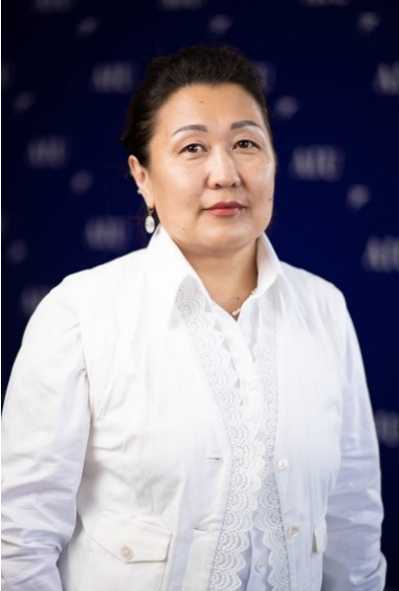Artificial
intelligence is confidently entering all spheres of our lives.
It has already become an axiom that it is not AI that will replace people, but
people who use AI will replace those who don’t.
Naturally, our future
generations-our schoolchildren and students-can only be competitive if they
master all the advantages that AI tools offer. But who will teach them this?
Their social environment, family, and, of course, their teachers. And teachers themselves
must learn how to use AI effectively both in life and in their professional
teaching activities.
Thoughtless and
unstructured use of AI can harm the intellectual development of both teachers
and their students. It can reduce critical thinking and problem-solving skills
and increase overdependence on AI. If AI constantly provides ready-made answers
and solutions, people may lose the motivation and ability to develop their own
critical thinking, analyze information, and find solutions independently. AI
may also provide results without explaining the logic behind them, which
hinders users from understanding how these results were generated and from
developing their own analytical skills. Furthermore, AI can distort reality by
generating biased, incomplete, or inaccurate information.
Excessive reliance on
AI also weakens memory and learning abilities, atrophies cognitive functions,
prevents deep understanding of subjects and sustainable knowledge formation,
and decreases creativity and cognitive engagement. This, in turn, leads to social
and emotional degradation, including reduced empathy and emotional
intelligence.
To avoid these risks,
a scientifically grounded and systematic approach to working with AI is
necessary-an approach where AI is seen as a tool to enhance human potential,
not to replace it.
Until now, there has
been no research on how AI can be used to develop critical thinking in future
teachers.
Researchers at Astana
International University have received grant funding to address this issue.
The project titled "Development of Critical Thinking in Future Computer
Science Teachers Based on AI Tools", led by Saule Kairollovna
Damekova, PhD in Pedagogical Sciences and Associate Professor at the
Pedagogical Institute of Astana International University, aims to develop and
implement educational modules and AI-based simulators that foster critical
thinking in future computer science teachers, as well as assess their
effectiveness in the university’s educational process.
The project plans to
create an innovative educational simulator with AI that not only develops
critical thinking skills in future computer science teachers but also enhances
their professional competencies, including methods for teaching critical
thinking in schools.
The project will be
carried out in collaboration with researchers from Columbia University
(New York, USA), which will allow the integration of international experience
and best practices into the methodological system for developing critical
thinking in future teachers. On the international level, the project's results
can be adapted and implemented in educational programs of other countries,
creating opportunities for collaboration and knowledge exchange.
The outcomes of the
project have wide application potential:
- In education: the developed modules and AI simulator
can be integrated into teacher education programs.
- In science: the results may serve as a basis for
further research in educational technology, pedagogy, and artificial
intelligence. Studies in this field could lead to new algorithms and
methods that expand AI’s capabilities in education and help build more
effective, accessible, and equitable educational systems.
